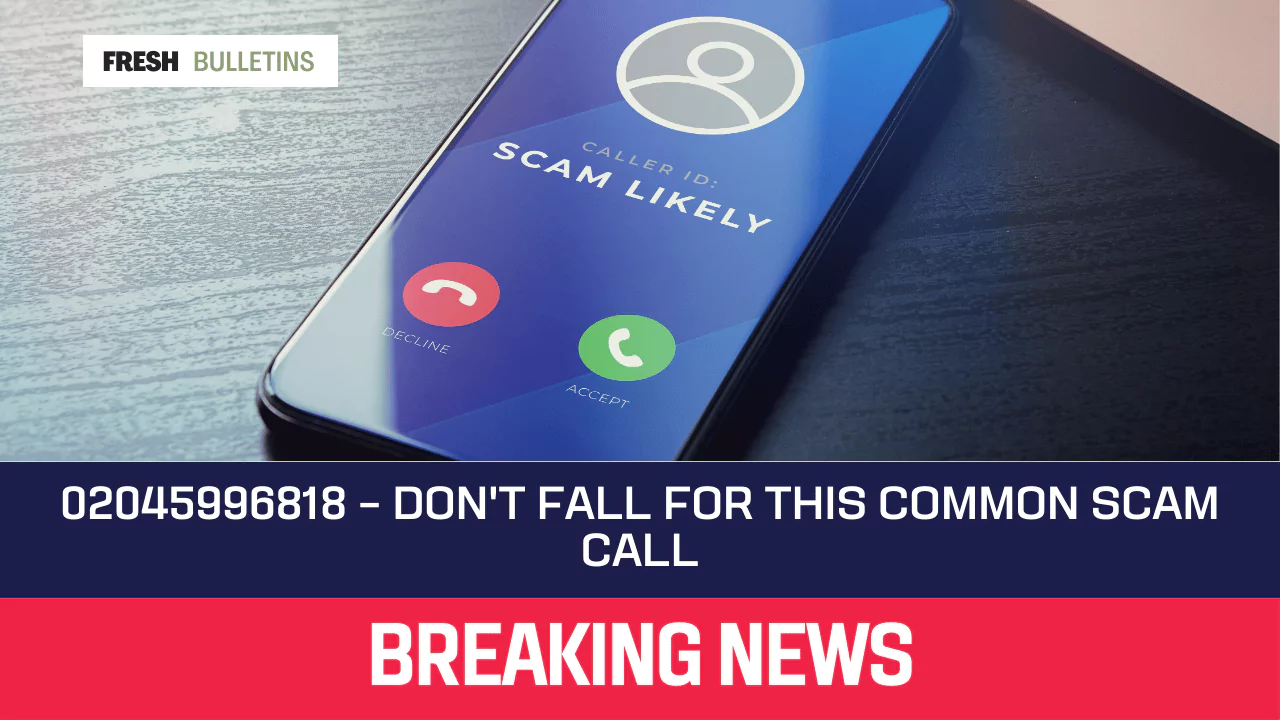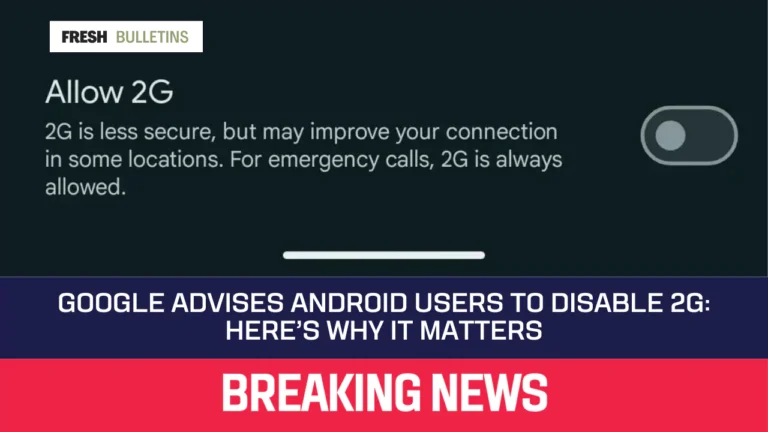02045996818 – Don’t Fall for This Common Scam Call
Phone scams have become increasingly prevalent, and the number 02045996818 has been involved in many fraudulent activities across the globe. Scam calls often involve various tactics, such as impersonation, deceptive practices, and creating a false sense of urgency to acquire sensitive information or money. This article will delve deeper into these tactics and provide tips for protecting yourself from phone scams.
Understanding Telephone Frauds
The Rise of Phone Scams
Phone scams are on the rise, with scammers using technology to target individuals, regardless of their geographical location. According to the Federal Trade Commission, consumers lost over $5.8 billion to fraud in 2021, and phone scams are a significant contributor to these figures.
Evolution of Fraud Tactics
Telephone fraud tactics have evolved to become more sophisticated, taking advantage of the trust people have in established institutions such as government agencies, banks, and technology companies. Fraudsters often use the guise of these organizations to manipulate individuals into giving away sensitive information or money.
Global Impact
The impact of telephone fraud extends beyond financial losses, causing emotional distress, identity theft, and damaging personal relationships. Scammers use various tactics, such as caller ID spoofing, threats of legal action, and pressure tactics to extract personal and financial information from their victims.
Unveiling the Tactics Behind 02045996818 Scam Calls
Impersonation tactics
Scammers often impersonate officials from government agencies, financial institutions, or technology companies, and use threats or promises to manipulate their victims into giving sensitive information or money. In the case of 02045996818, callers have impersonated officials from the IRS, Social Security Administration, and tech firms, among others.
Deceptive practices
Scammers may utilize various deceptive practices, such as caller ID spoofing and creating a sense of urgency. A notable example of this is the tech support scam, where the scammer pretends to be from a known and trusted technology company and claims to have detected a virus or malware on the target’s computer, demanding payment to resolve the issue.
Recognizing red flags
It’s crucial to recognize the following red flags when receiving a call from a suspicious number like 02045996818:
- Spoofed caller ID
- Callers claiming to be from government agencies, financial institutions, or well-known companies
- Threats, pressure tactics, or promises of huge gains
- Requests for personal or financial information
Staying Safe from Telephone Frauds
Protecting personal information
One of the best ways to protect your personal information is by avoiding sharing sensitive details over the phone, especially with unsolicited callers. Be cautious of calls asking for personal information such as credit card numbers, social security numbers, and account details.
Using call-blocking technologies
Consider using call-blocking apps or services that can help filter out and block known scam numbers. Many of these apps and services use crowdsourced data to identify and block suspicious callers.
Reporting scam calls
Reporting scam calls to local or federal law enforcement agencies can help protect others from falling victim. Many countries, including the US, provide hotlines or websites for reporting scam calls.
Legal implications
In some jurisdictions, actively participating in or aiding a scam can have legal implications. Be cautious about your involvement in apparent scams and never share sensitive information or engage in financial transactions with an unknown or suspicious party.
Protecting Yourself from Scam Calls
1. Recognize Common Scam Tactics
- Caller ID Spoofing: Scammers can fake caller IDs to make it look like the call is from a trusted source.
- Urgent or Threatening Language: Be wary of calls that create a sense of urgency or use threats (e.g., claiming you owe money or your account will be closed).
- Too Good to Be True Offers: Be suspicious of offers that seem unusually good, such as winning a contest you didn’t enter.
2. Use Call Blocking and Screening Tools
- Carrier Services: Many phone carriers offer services to block scam calls.
- Third-Party Apps: Apps like Hiya, Truecaller, and RoboKiller can help identify and block scam calls.
- Phone Settings: Use the built-in call blocking features on your phone.
3. Don’t Share Personal Information
- Verify Caller Identity: Never give out personal or financial information unless you are certain of the caller’s identity.
- Hang Up and Call Back: If you receive a suspicious call, hang up and call back using a verified number from the company’s official website or documents.
4. Register with the Do Not Call List
- National Do Not Call Registry: Register your number with the FTC’s Do Not Call Registry.
5. Report Scam Calls
- FTC: Report scam calls to the Federal Trade Commission (FTC).
- Local Authorities: Contact your local law enforcement agency if you feel threatened or have been scammed.
6. Educate Yourself and Others
- Stay Informed: Keep up-to-date with the latest scam tactics and warnings from reputable sources like the FTC and consumer protection agencies.
- Share Information: Inform friends and family, especially those who might be more vulnerable, about common scams and prevention tips.
7. Be Skeptical and Take Your Time
- Don’t Rush: Scammers often try to rush you into making decisions. Take your time to verify the caller and the information provided.
- Trust Your Instincts: If something feels off or too good to be true, it probably is.






